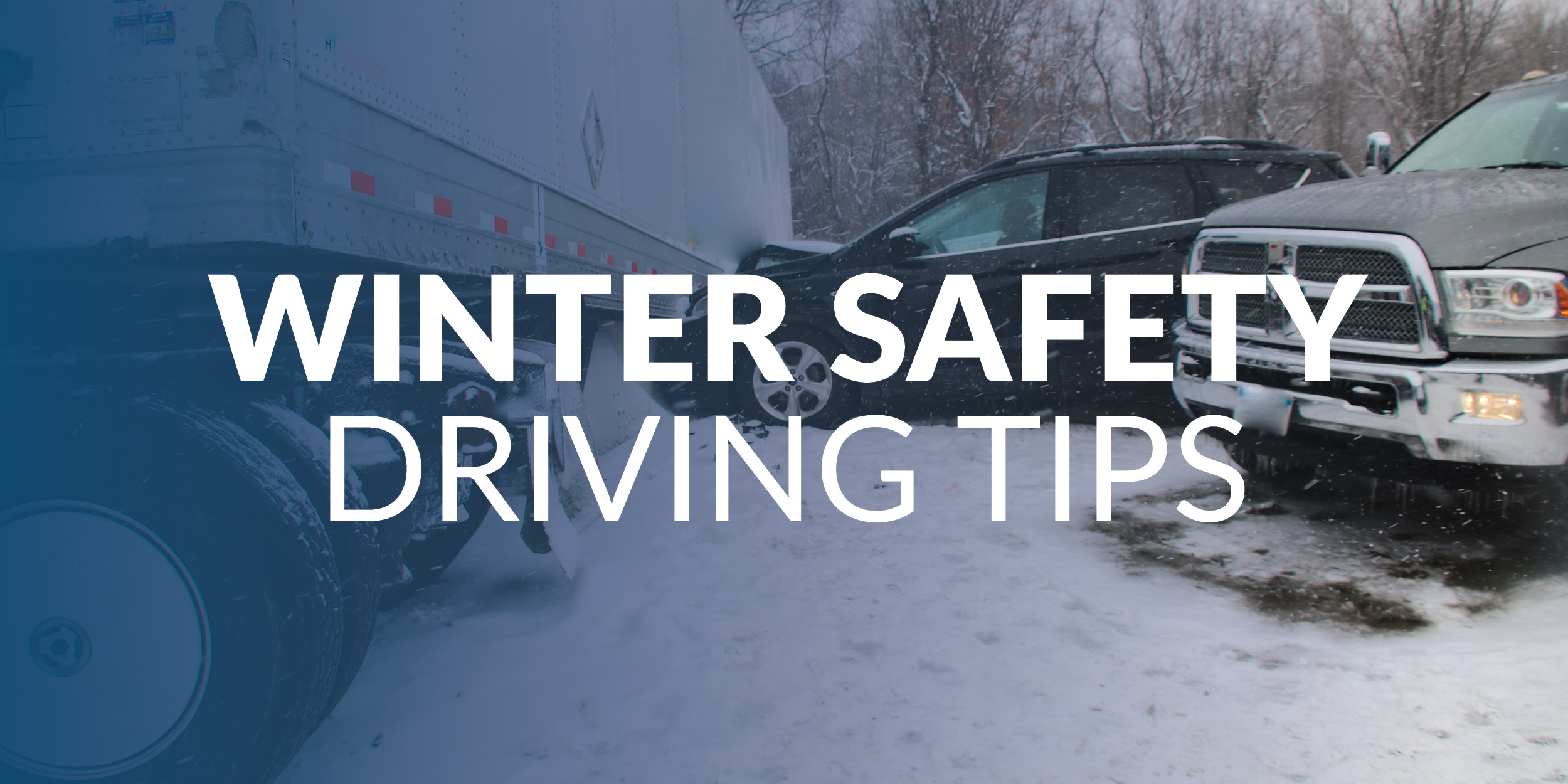When you’re dealing with the physical and emotional aftermath of an injury, the last thing you want to worry about is navigating complex insurance and legal systems. That’s where an experienced attorney comes in. You… Read more »
Schroeder & Mandel
Blog
Resources
NEED A FREE
PROFESSIONAL
CONSULTATION?
A Driver’s Guide to Motorcycle Hand Signals
Riding a motorcycle is one of life’s purest joys. It’s just you and the open road. Plus, all the other drivers who are generally unfamiliar with how to share the road with motorcyclists. We’ve all… Read more »
Do You Need an Auto Accident Attorney?
Short answer? Yes. We hear this question often. Most car accident victims are unsure whether or not their case warrants contacting a lawyer. Don’t let the insurance company tell you you shouldn’t consult with a… Read more »
Winter Driving Tips from the Motorheads at Schroeder & Mandel
We’ve been lucky this year. We’ve had a mild start to winter, with much of the state having minimal snow on the ground for the Thanksgiving holiday. But, as Midwesterners and personal injury attorneys, the… Read more »








